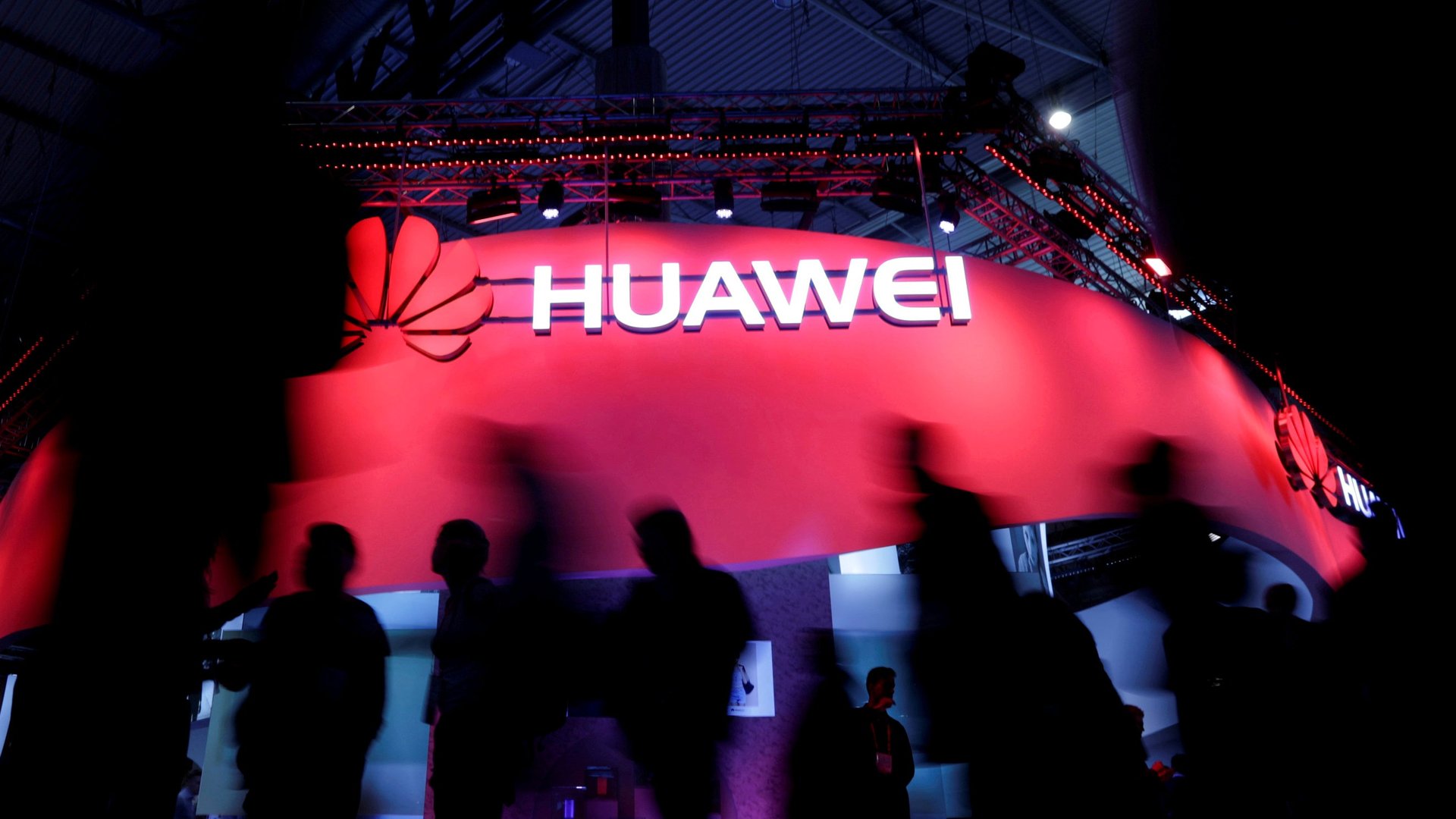How Huawei allegedly tricked US banks into breaking the law
When Meng Wanzhou, Huawei’s CFO and daughter of its billionaire founder, was arrested in Canada in December at the request of the US, the context dominated: US-Chinese tensions over trade and geopolitics were growing, and some saw the arrest of Chinese corporate royalty as part of that back and forth.


When Meng Wanzhou, Huawei’s CFO and daughter of its billionaire founder, was arrested in Canada in December at the request of the US, the context dominated: US-Chinese tensions over trade and geopolitics were growing, and some saw the arrest of Chinese corporate royalty as part of that back and forth.
It wasn’t helped by Donald Trump’s suggestion that he might make a US extradition request part of trade talks, or columnists offering factually incorrect takes suggesting that the Justice Department acted to enforce new sanctions put in place by the president.
Yet the crimes alleged by federal prosecutors in New York occurred during the presidency of Barack Obama, the investigation began before Trump took office, and the case itself hinges less on arguments about the role of international sanctions and more on old-fashioned fraud.
The real instigator for the investigation has actually been the news service Reuters, which first reported in 2012 that Huawei, the Chinese maker of computer equipment, had a close relationship with another company called Skycom. Hong Kong-registered Skycom was reportedly offering to re-sell embargoed US technology products bought by Huawei in Iran, which would be illegal under US export rules.
Huawei denied the sales took place and said it was in total compliance with US laws. But a year later, Reuters reported that Meng, Huawei’s CFO, was also on the board of Skycom in 2008 and 2009. Skycom employees wore Huawei ID badges and used Huawei email addresses.
In other words, this wasn’t an issue of a major company perhaps being duped by an unscrupulous middleman—the major company was apparently controlling the unscrupulous middleman.
This reporting didn’t sit well with one key audience: Huawei’s US banks, which are required by law to ensure that US dollars aren’t used to complete financial transactions with Iran. They needed assurances from Huawei that it was not in fact using a shell company to violate US sanctions.
In 2013, Meng came to New York to meet with her bankers. She assured them, according to a filing by US prosecutors in Canada, that her control of the company was intended to improve their compliance with international law and that Huawei sold all its shares in Skycom.
In truth, Huawei had sold the shares in Skycom to another shell company, also controlled by Huawei. Reuters just revealed new reporting that shows Skycom’s top manager was a Huawei executive and that several Chinese individuals had simultaneous control over Skycom and Huawei bank accounts.
The alleged misrepresentation at the 2013 meeting is at the heart of the American prosecutors’ case: Their argument is that US banks were tricked into making illegal financial transactions by Huawei’s—and Meng’s—fraud.
In April 2017, prosecutors issued grand-jury subpoenas to Huawei’s US subsidiaries, revealing the investigation. Since then, they allege the company has shuttled key employees out of the US and stopped allowing top executives to visit the country. That in turn led to the extradition request filed in Canada to arrest Meng when she visited in 2018.
The insistence that Meng’s arrest is simply a realpolitik move by the Trump administration interprets the case as trumped up, pun intended. Some call this the “attempted globalization of US law and sanction regime,” suggesting that this is overreach, despite the fact that even China was party to a groundbreaking sanctions package against Iran when the fraud was alleged to have been committed.
It is clear that if a US citizen or a German citizen was alleged to have made similar misrepresentations about a shell company to break US law, they would be prosecuted, as indeed they will be in the case of Panama Papers revelations.
Meng is now free on $7.5-million bail as her attorneys fight the extradition request, with a new hearing expected Feb. 6. The US will have to deliver more detailed evidence of her alleged role in illegal activities in the months ahead.
If the pressure China is placing on Canada, by detaining several of its citizens, and the US, through the ongoing trade conflict, results in Meng’s release, this won’t be a defeat for US legal imperialism. It will simply be a green light for any sufficiently powerful Chinese citizen to commit financial crimes in the US.